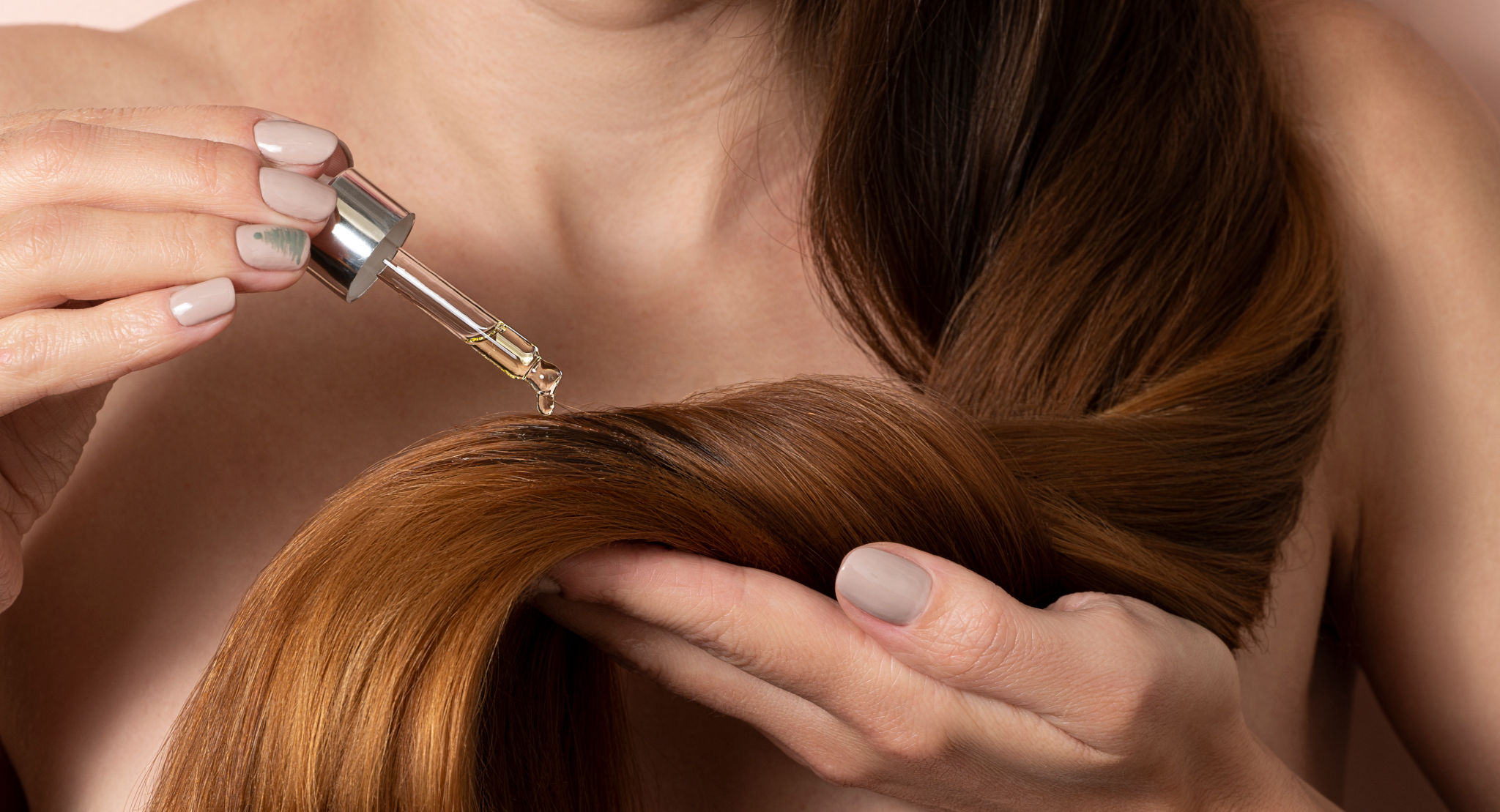Inclusive Beauty Education Initiatives: Training Caregivers to Support Ethnic Hair and Skin Care
The Importance of Inclusive Beauty Education
In today's diverse society, the need for inclusive beauty education has become more apparent than ever. Ethnic hair and skin care require specific knowledge and skills that are often overlooked in traditional beauty training programs. This gap in education can lead to a lack of proper care and understanding, especially for caregivers responsible for children and individuals from diverse backgrounds.
By implementing inclusive beauty education initiatives, we can empower caregivers with the knowledge they need to support the unique needs of ethnic hair and skin. This not only enhances the well-being of those they care for but also fosters a deeper appreciation for diversity in beauty.

Understanding Ethnic Hair and Skin
Ethnic hair and skin have distinct characteristics that require specialized care. For example, African, Asian, and Latinx hair types can vary significantly in texture, density, and porosity. These differences influence the products and techniques needed for optimal hair health. Similarly, ethnic skin types may have different concerns such as hyperpigmentation or sensitivity that need tailored approaches.
Training caregivers to understand these unique attributes is crucial. By doing so, they can provide better care, select appropriate products, and address specific concerns effectively. This not only improves the individual's appearance but also boosts their confidence and self-esteem.
Key Components of Training Programs
Developing comprehensive training programs involves several key components. Here are some essential elements that should be included:
- Hair Typing: Understanding different hair types and textures.
- Product Knowledge: Selecting appropriate products for various hair and skin types.
- Styling Techniques: Learning methods to style and protect ethnic hair.
- Skin Care Regimens: Developing personalized skin care routines.

Hands-On Training and Workshops
Incorporating hands-on training and workshops is vital for effective learning. These interactive sessions allow caregivers to practice techniques under professional guidance. Workshops can cover a range of topics from braiding and protective styling to understanding ingredient labels on beauty products.
Moreover, these practical experiences help caregivers gain confidence in their abilities, ensuring they feel prepared to handle various hair and skin care needs. By participating in these activities, they can ask questions, receive feedback, and refine their skills in a supportive environment.
The Role of Community Support
Community support plays a significant role in fostering an inclusive beauty education environment. Encouraging open discussions about beauty practices from different cultures helps break down stereotypes and misconceptions. It also provides a platform for sharing personal experiences and tips.

Local beauty professionals, educators, and cultural organizations can collaborate to offer resources and mentorship to caregivers. This network of support ensures that caregivers have access to ongoing education and assistance as they continue to learn and grow in their roles.
The Long-Term Impact of Inclusive Education
The benefits of inclusive beauty education initiatives extend beyond immediate care improvements. By equipping caregivers with the right tools and knowledge, we create a ripple effect that promotes inclusivity and cultural appreciation within the broader community.
Ultimately, these efforts contribute to a more inclusive beauty industry where everyone is celebrated for their unique characteristics. As we continue to prioritize inclusive education, we pave the way for a future where diversity is not just acknowledged but embraced with understanding and respect.
